Ah, cat hairballs. Those slimy, cylindrical clumps of fur that our feline friends occasionally hack up onto our pristine carpets. If you're a cat owner, you're probably all too familiar with this icky aspect of feline life. But have you ever wondered what exactly causes these furry little missiles, and more importantly, how you can help prevent them?
In this comprehensive guide, we'll explore everything you need to know about cat hairballs - from what causes them to how you can prevent them.

What is Cat Hairballs?
A hairball, or as veterinarians call it, a trichobezoar, is a clump of undigested hair that forms in a cat's stomach. When your cat can't pass this clump of hair through their digestive system, they'll often vomit it up. But here's a fun fact that might blow your mind: hairballs aren't always just hair. They often contain bits of food and digestive fluids too. It's like a little kitty time capsule of everything your cat has been eating and grooming.
Why Do Cats Get Hairballs?
Hairball syndrome is a common health issue among many animals, especially those that like to groom themselves. Cats are neat freaks. They spend up to 50% of their waking hours grooming themselves. That's more time than most of us spend on our personal hygiene!
When cats groom themselves, their rough tongues catch loose and dead hair, which they then swallow. Most of this hair passes through their digestive system without any issues. But sometimes, particularly in long-haired cats or cats that shed a lot, some of this hair can accumulate in the stomach.
But it's not just about the amount of hair. Some cats are more prone to hairballs than others. Long-haired cats like Chinchillas and Persians often lick themselves more frequently when it's hot (it's said that the evaporation of saliva on their fur helps cool them down), leading to an increase in hairball incidents. Some cats may even throw up hair daily.
In such cases, it's recommended for cat owners to brush their cat's fur regularly, especially during shedding season. If possible, it's also a good idea to trim the cat's fur to help manage the situation.
Symptoms of Cat Hairball Syndrome
How do you know if your cat has hairballs? The symptoms of cat hairball syndrome include frequent dry heaving, hard and dry poops, fur in the cat's stool, a lack of appetite, and dry or lackluster fur. Cats love to groom themselves by licking their fur, which unfortunately makes them prone to hairballs and makes them uncomfortable. It's important for cat owners not to ignore these signs.
- Frequent Dry Heaving:
If your cat's doing a lot of gagging, especially after meals, and can't seem to vomit anything up except occasionally hacking up cylindrical, mucus-covered hairballs, it's a classic sign of trying to dislodge a hairball.
- Hard Poop:
If your cat's having a hard time in the litter box and their poop's looking more like rocks, hairballs might be messing with their digestion system. When fur accumulates in the digestive tract, it can cause the cat's belly to bloat and lead to digestive issues. It's best to check this promptly and address it as needed.
- Fur in the Poop:
Spotting fur in their waste is a pretty clear sign of hairball issues. This situation should not be ignored by pet owners, and it's best to take preventive measures against hairball formation to avoid severe complications.
- Poor Appetite:
When a significant amount of hair accumulates inside a cat, it can obstruct the digestive tract and lead to a loss of appetite. If your cat doesn't want to eat anything and isn't showing signs of other illnesses, it might be suffering from hairballs. A complete lack of appetite can indicate that the condition is quite serious.
- Dry or Dull Fur:
Another sign of hairball issues can be seen in the cat's fur. If your cat's diet hasn't changed and it has been dewormed but its fur remains dry and lacks shine, it could be due to hairballs. Pet owners should not overlook this, as the cat's fur can become rough and lose its luster due to the inability to digest a large amount of hair, leading to changes in the fur's appearance.
Hairballs don't discriminate by breed or age. Cats that groom themselves more frequently, like Maine Coons or Garfields of the feline world, might end up dealing with them more often. However, if your cat only vomits hair occasionally, about once or twice a month, it's probably normal.
The Dangers of Hairballs
Because of their natural instincts to stay clean, cats try to vomit up hairballs. If they can't manage to do this on their own, they can develop hairball syndrome, where the hairball blocks their digestive tract and can grow larger over time.
Late-stage Symptoms of Cat Hairball Syndrome
In severe cases, cats may show the following symptoms:
- Constantly trying to vomit, and exhibiting unusual eating behaviors like chewing on plastic bags, tissues, or grass.
- Showing a lack of energy or appetite, to the point where they might stop eating altogether.
- Difficulty in defecating, possibly not having a bowel movement for several days.
- Blockage in the cat's digestive tract caused by hairballs, leading to rapid dehydration and potential failure of internal organs.
These are red flags that your cat needs more than just home care—please consult your veterinarian.
How to Prevent Hairballs in Cats Naturally
Managing hairballs depends on the situation. Here are seven effective strategies to keep hairballs at bay:
- Regular Grooming
Regular grooming is your first line of defense against hairballs. Aim to brush your cat daily, especially if they're long-haired. This helps remove loose fur before your cat can swallow it. Plus, most cats love the attention!
Cat owners can use professional cat grooming tools to help remove loose fur by brushing or grooming your cats every day, significantly reducing the amount of fur cats swallow, no matter if they're long-haired or short-haired, especially during shedding season.
-Upgrade their diet
Consider switching to a "hairball formula" cat food. These are designed with extra fiber to help hair move through the digestive tract more easily. Some also contain ingredients to improve skin and coat health, reducing shedding.
-Hydrate, hydrate, hydrate
Ensure your cat always has access to fresh water. Proper hydration helps keep things moving smoothly through the digestive system. Some cats prefer running water, so a cat fountain might be a good investment.
-Provide a distraction
Give your cat plenty of toys and playtime to keep them entertained. This can help reduce stress-related overgrooming.
-Try a hairball gel
These over-the-counter products can help lubricate your cat's digestive tract, making it easier for hair to pass through. Always follow the instructions carefully.
-Consider supplements
Omega-3 fatty acids can help improve coat health and reduce shedding. Talk to your vet about whether supplements might be right for your cat.
-Regular check-ups
Keep up with your cat's regular vet visits. This can help catch any underlying issues early on.
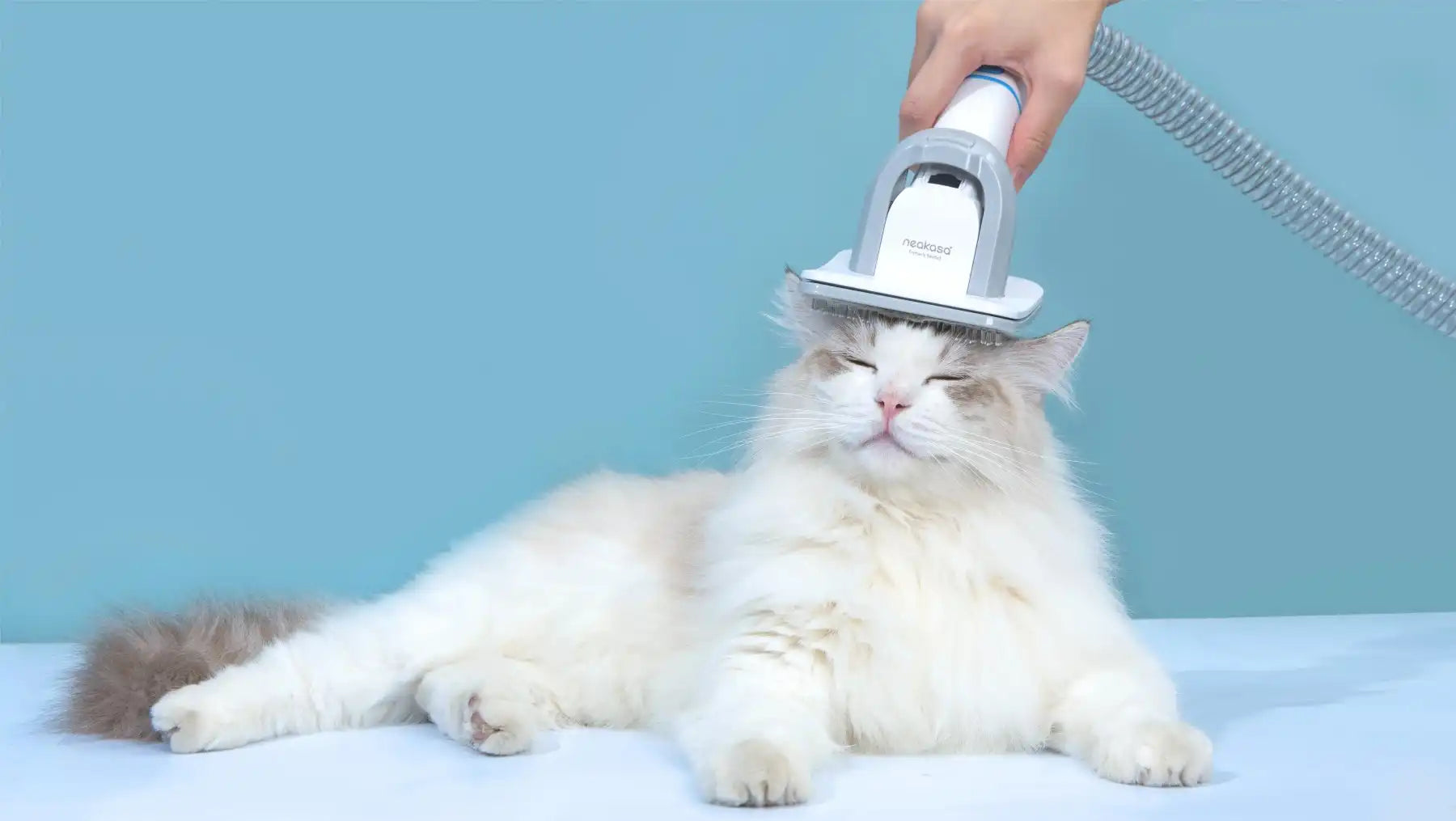
How to Reduce Hairballs in Cats by Home Remedies
There are several home remedies you can try to help your furry friend pass those pesky hairballs:

Conclusion: Keeping Your Cat Hairball-Free
Remember, while hairballs are often just a normal part of cat life, they can sometimes indicate underlying health issues. By staying vigilant, grooming your cat regularly, and providing a healthy diet, you can help keep hairballs to a minimum.


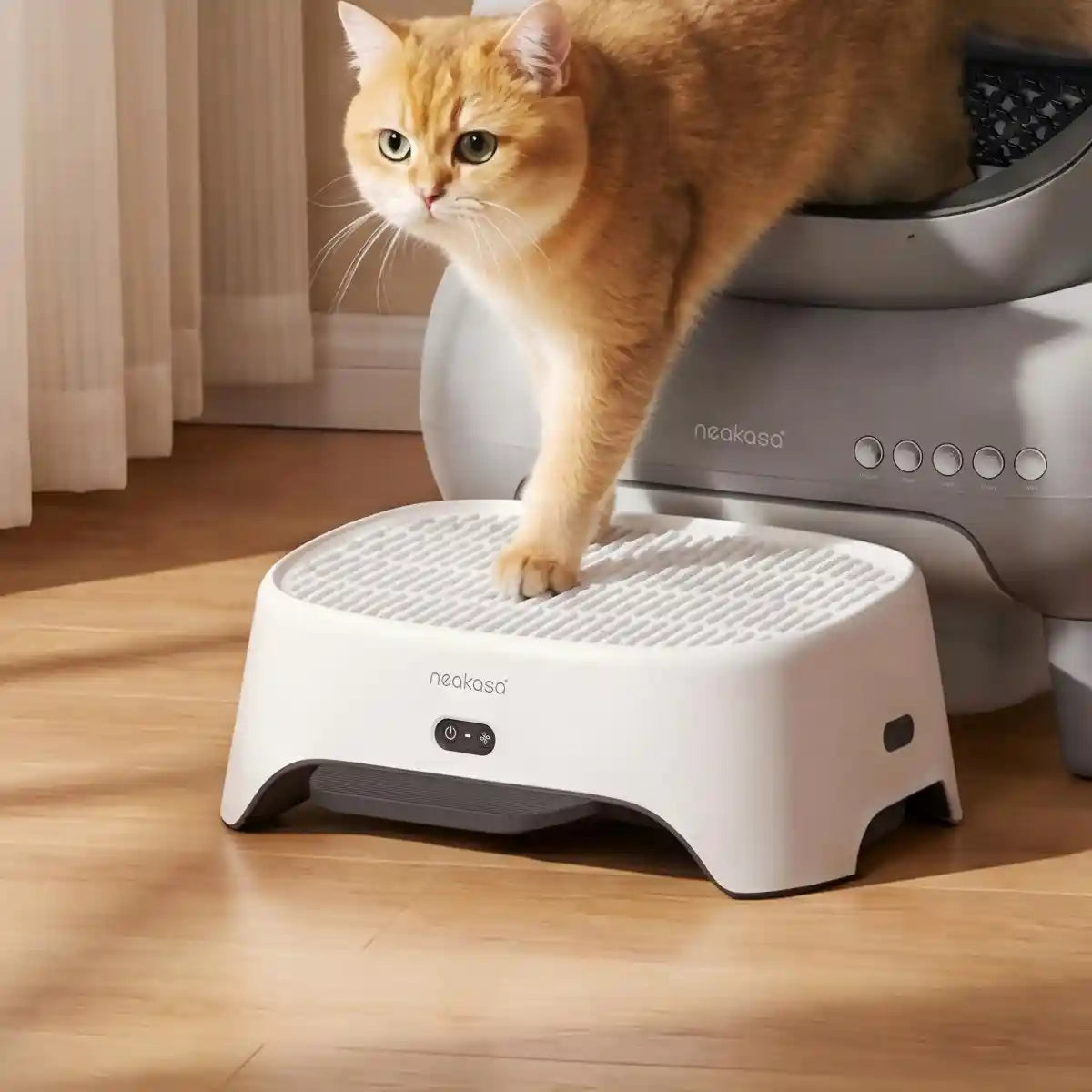
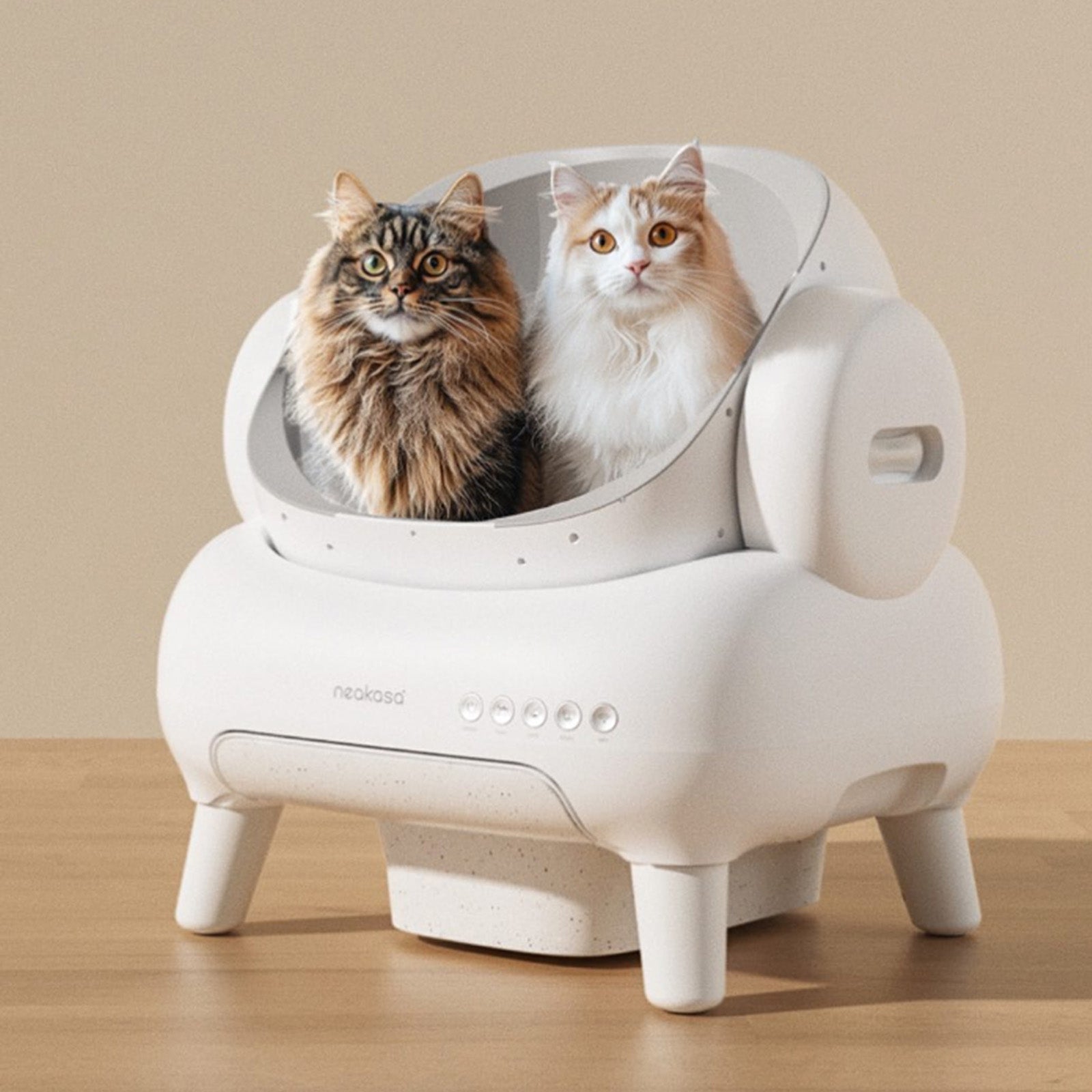
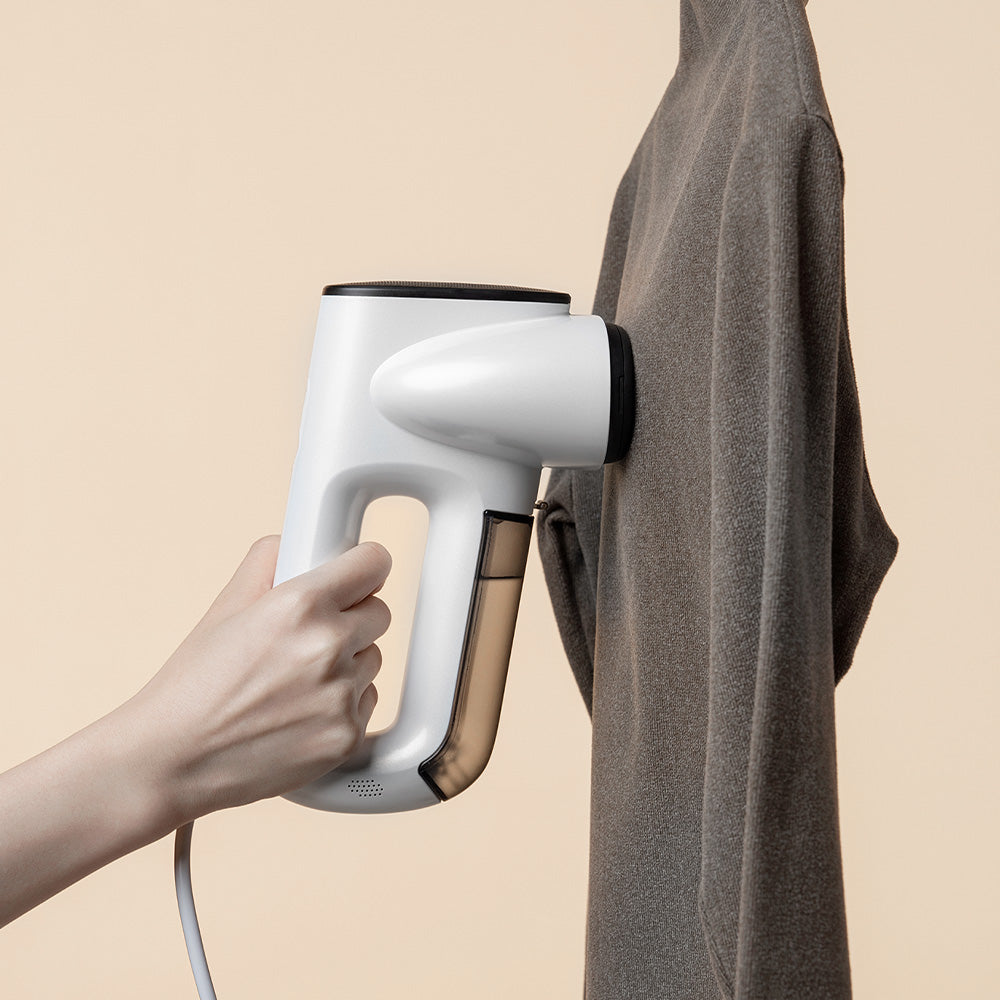
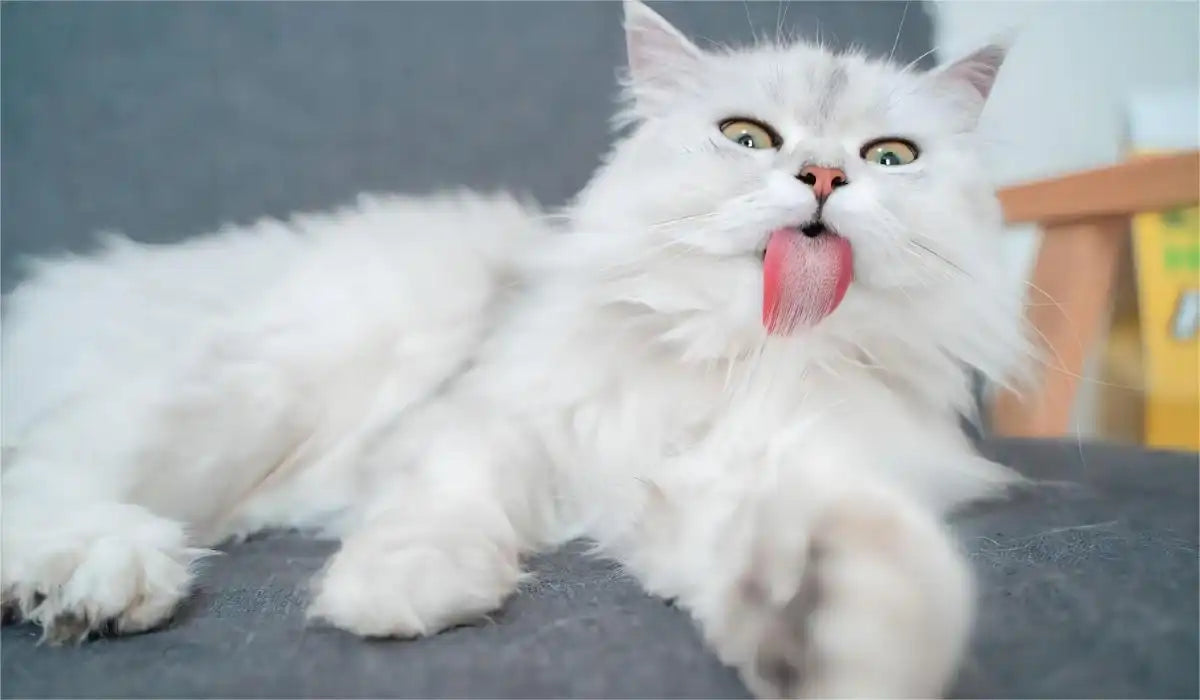


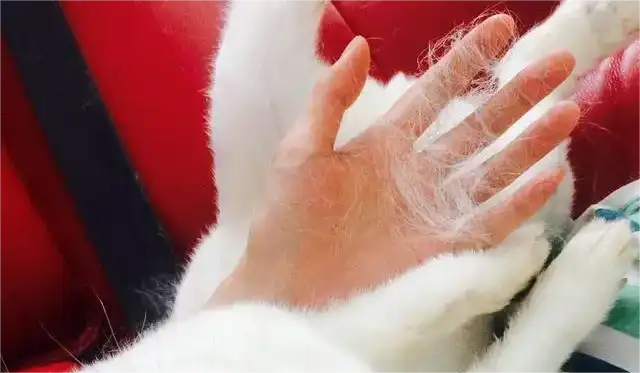
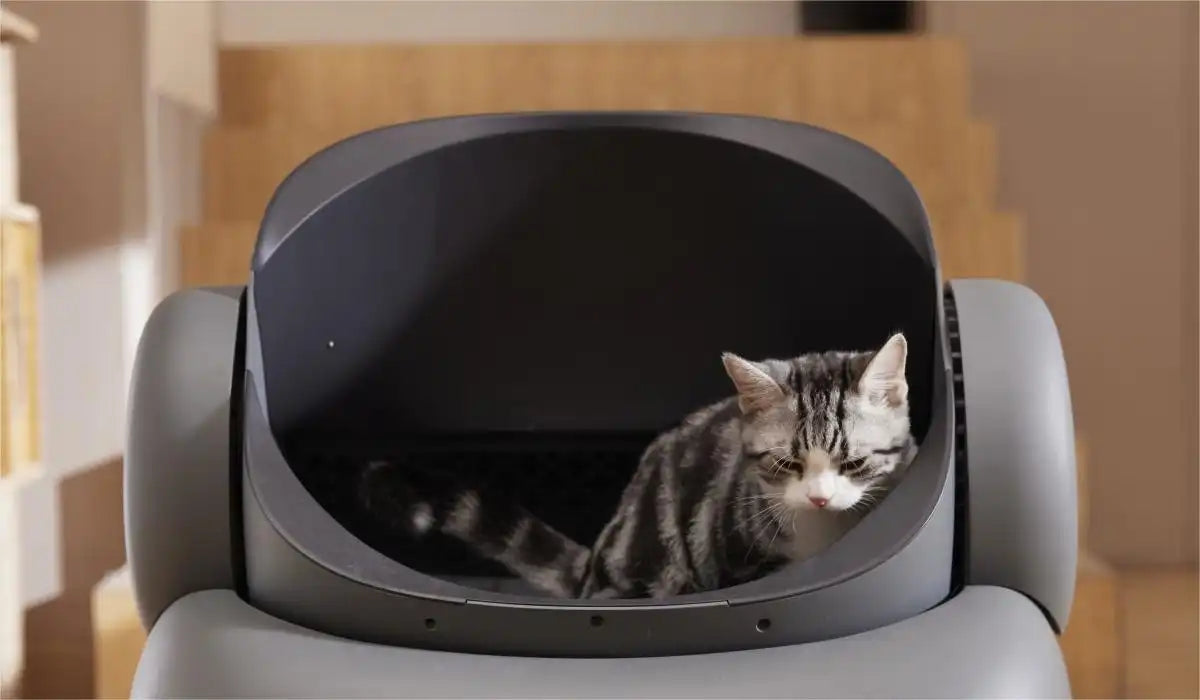
Leave a comment
This site is protected by hCaptcha and the hCaptcha Privacy Policy and Terms of Service apply.